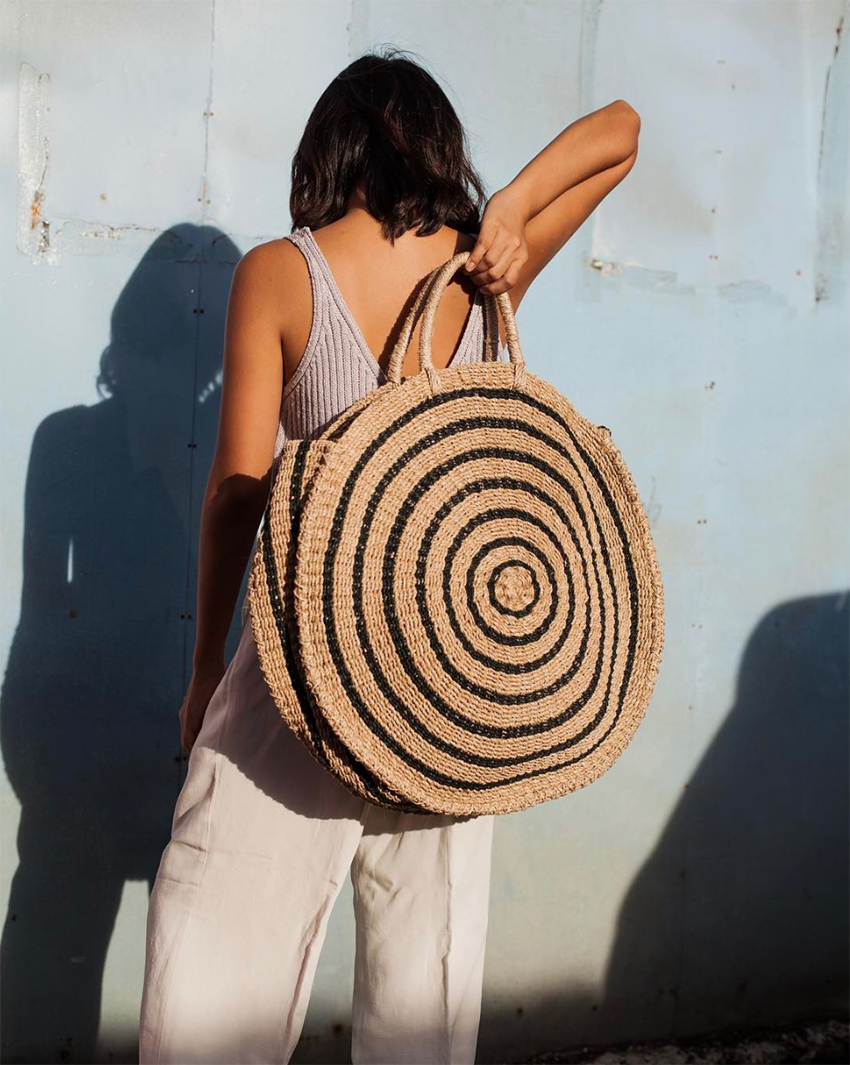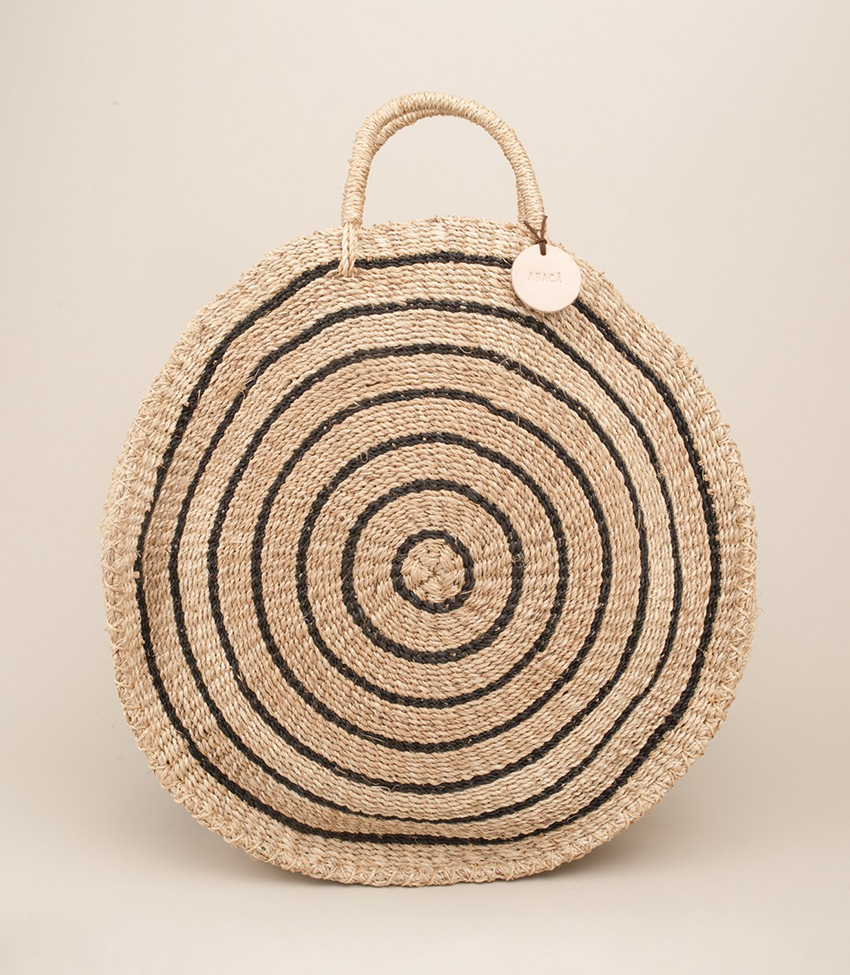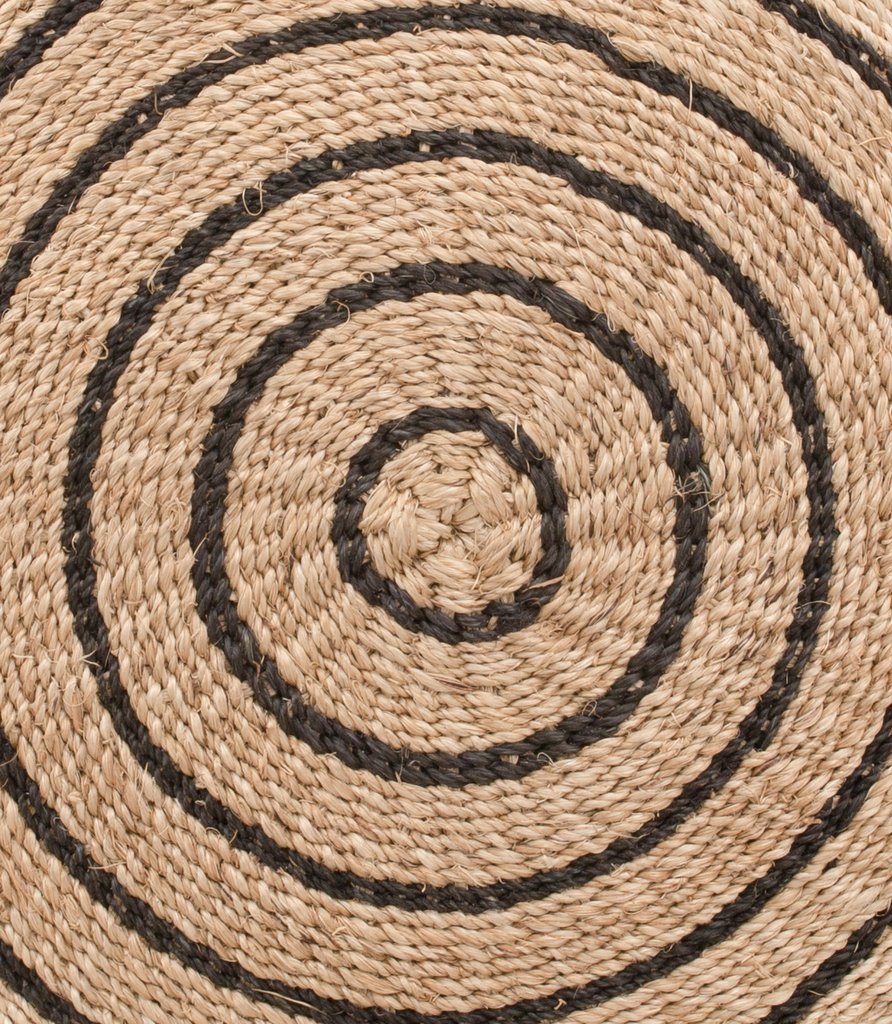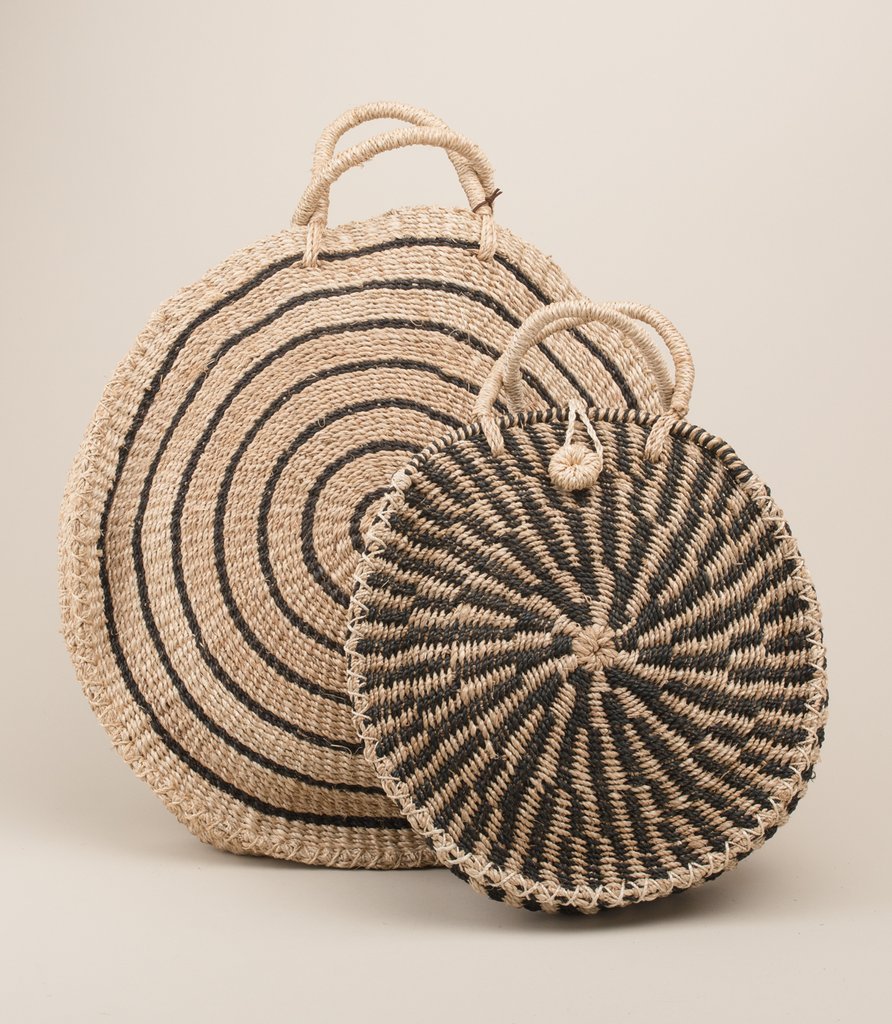Who else is in the “bigger is better” camp when it comes to market bags? I prefer to carry all the things, at all times. Especially in the summer, when I’m quite literally going from a coffee shop work session to the gym to the park and topping it all off, a long walk home. If you’re not that extreme, I get it. But oversized market totes are pretty much on every summer wishlist, right? Just imagine the flowers, the beach blanket, the book, the rosé, all in one place, adorably discreet.
At least that’s what came to my mind when I spotted Abacá’s oversized two-toned market bag from sustainable modern goods shop MAAARI. Obviously, if you can thrift yourself a good bag, by all means. But if you choose new, this one is truly sustainable in all ways: the makers, the material, the social impact, the quality, and the versatility.

MAAARI was a happy Insta-discovery which led me to connect with one of their co-founders, Ivy, who shared with me that she and two of her friends (all based in different US cities) created their online marketplace as a space for shoppers to discover and fall in love with sustainable goods that elevate and preserve traditional Filipino craft. Each of the artists they stock design and craft modern goods inspired by indigenous art, and you can learn all about the makers behind the goods right on site.

As its name implies, this market bag is handwoven using abaca, an incredibly strong natural fiber that retains its flexibility, even while resisting salt water damage (hello beach day!). Purchases of this bag in particular contribute to a sustainable livelihood for weavers in Southern Luzon, Philippines.

More about the brand, from MAAARI: Abaca tells age-old stories with a modern aesthetic. Based in Manila, Estela de Jesus and her two daughters, Beatriz and Ina, design quality handmade items and curate thoughtfully found objects. With a belief that every place has a story to tell and every culture has something to offer, Abaca aims to support culturally rich communities and preserve traditional craft. A portion of all their proceeds goes to Right Start Foundation, a non-profit for underprivileged Filipino children. The traditional methods they seek follow a long process—natural materials are hand-picked, washed, sun-dried, naturally dyed, and woven by hand. Due to the labor and scarcity of workers, each piece has limited availability.

PS: Zero wasters, MAAARI now has a zero waste section on their website. Take a look!
First photo by Geric Cruz via Abacá. All others by MAAARI.
your two cents